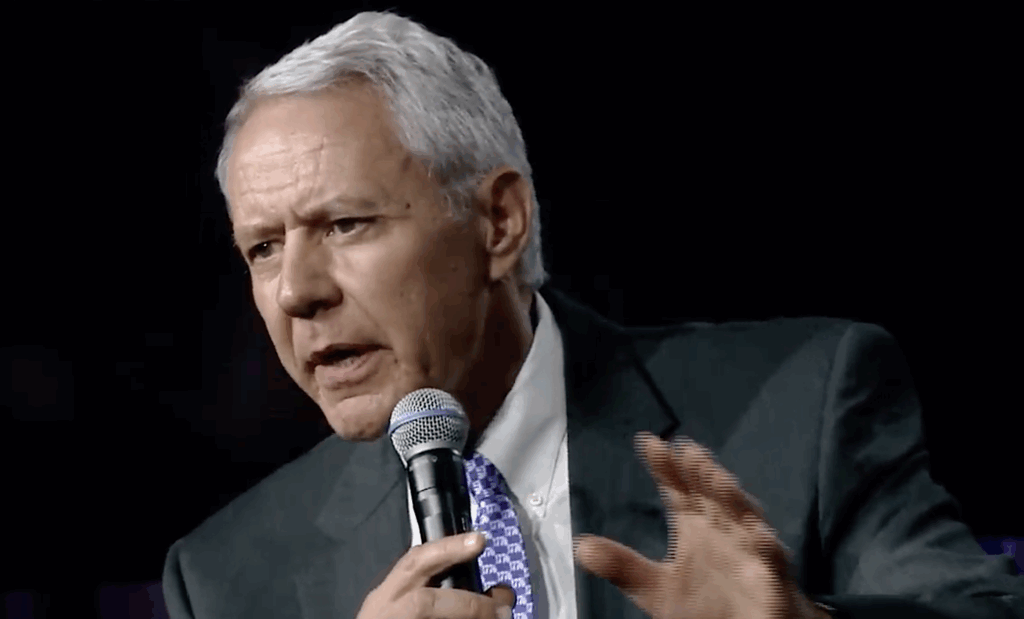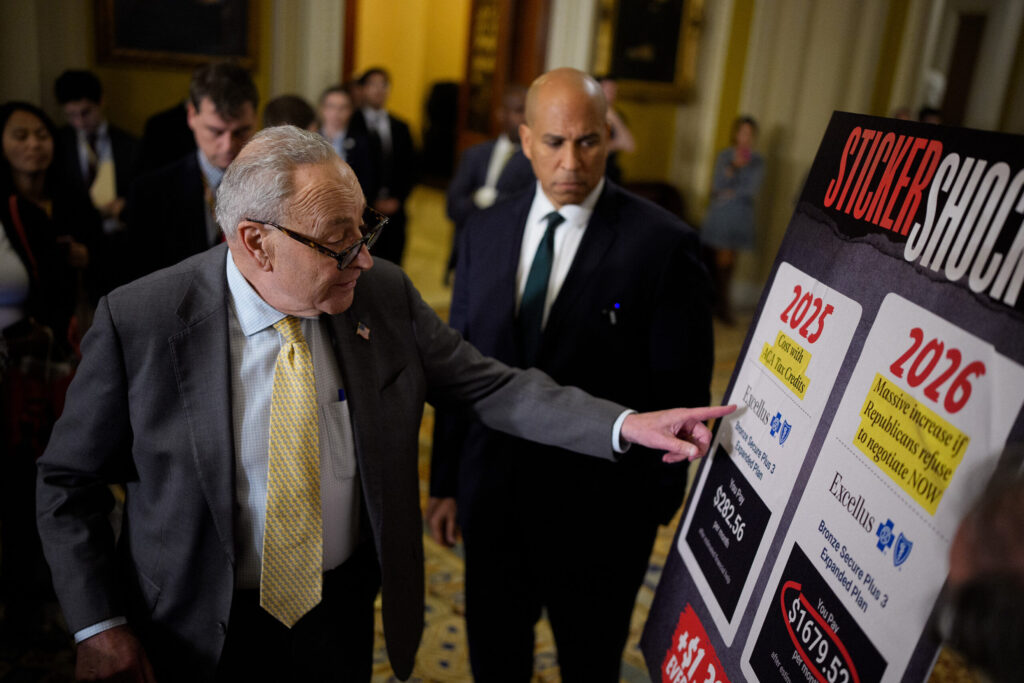Democrats irked as Republicans allow Pay Equity Commission to sink into sunset
Democrats condemned Monday’s late-night vote allowing the Colorado Pay Equity Commission to expire as “indefensible,” even as Republicans dismissed the panel as a do-nothing solution in search of a problem.
The Senate Committee on State, Veterans and Military Affairs voted 3-2 along party lines to defeat House Bill 15-1133, sponsored by Rep. Jessie Danielson, D-Wheat Ridge, which would have extended the five-year-old commission’s charter before its sunset clause kicks in July 1.
“Killing the Pay Equity Commission is a slap in the face to all Colorado women,” said Danielson said in a Tuesday statement. “Equal pay for equal work means more economic security for families and a stronger middle class. The votes last night by Senate Republicans are indefensible. They move us farther from our goal of a stronger Colorado economy for everyone.”
She cited a 50-state study released in March by the American Association of University Women that found the pay of Colorado women compared to every dollar earned by men had fallen from 80 cents to 78 cents.
“Despite our famously booming economy, Colorado lags below the national average, which is 82 cents,” said the Colorado House Democrats in a statement.
Republicans have countered that the wage gap is greatly exaggerated, pointing to a 2009 U.S. Department of Labor study showing that the actual differential is between 4.8 and 7.1 percent, not 20 percent. Women also log 89 percent as many weekly hours as do men, according to a 2011 White House report.
Much of the remaining gap can be explained by factors such as time out of the workforce – many women leave work temporarily after having children – and career choice, given that women tend to gravitate toward jobs that offer greater flexibility versus higher salaries, according to the National Center for Policy Analysis.
“In fact, the unadjusted average hourly wage in 2000 of single women who have never had a child was 7.9 percent greater than that of their male counterparts,” said the NCPA’s June O’Neill in a 2012 report.
This wasn’t the first time this year the commission had been killed by a Senate committee. The Senate Business, Labor and Technology Committee voted in February to terminate the panel based in part on testimony that revealed “a four-year history of ineptitude and failure.”
“The commission failed to meet statutory requirements for annual reports; met many times without a quorum; has made no legislative recommendations and has no web page or serious outreach effort,” said Marble and former commissioner Patti Kurgan in a March 13 op-ed in The Colorado Statesman.
Senate Democrats argued in a post-vote statement that the commission “has done meaningful work by adopting a marketing plan to motivate employers to establish a culture that promotes equality, creating a pay equity website, giving community presentations, and developing best practices for Colorado employers.”
“The ongoing pay gap facing Colorado’s women and people of color, and the impact the gap has on our state’s businesses and economy, argue for continuing and strengthening the commission,” said Linda Meric, executive director of 9to5, which advocates for women in the workforce. “The way to solve complicated problems like the pay gap is to pay attention to them, not ignore them.”
Sen. Jessie Ulibarri, D-Westminster, the Senate sponsor of HB 1133, said that, “We are talking basic fairness.”
“Coloradans deserve equal pay for equal work,” said Ulibarri. “As a father to a young girl, it disturbs me that the pay gap is widening. We need to address it now before it worsens. The gap not only affects women, who deserve basic fairness, but it affects Colorado families as a whole. Part of strengthening the middle class is making sure women earn equal pay for equal work.”
While the commission’s days are numbered, the pay equity debate isn’t going away. The conservative-leaning Colorado Women’s Alliance is hosting a virtual event available for viewing April 14 featuring state and national leaders on pay equity.
CWA president Debbie Brown said the event will explore creating more opportunities for women, such as by promoting policies that build a stronger economy, and accounting for factors that don’t show up in paychecks, such as job satisfaction and flexibility.
She applauded the committee’s vote to let the commission expire, saying the panel “failed to receive the necessary votes to receive taxpayer funding to continue, and rightly so.”
“The Commission, largely criticized for its ineffectiveness and inaction, proved that not every perceived problem needs a government committee to study and solve the issue,” said Brown in a statement.
– Twitter: @ValRichardson17












